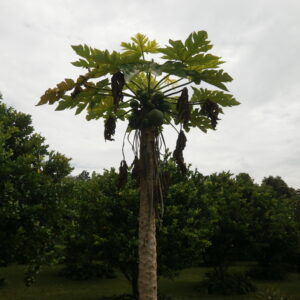
Related products
-
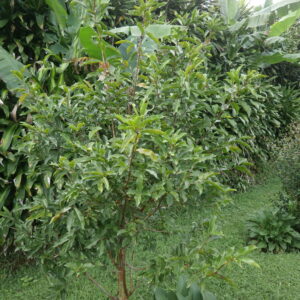
Cas of Costa Rica
Fruit orchard ₡2,550.00 Add to cart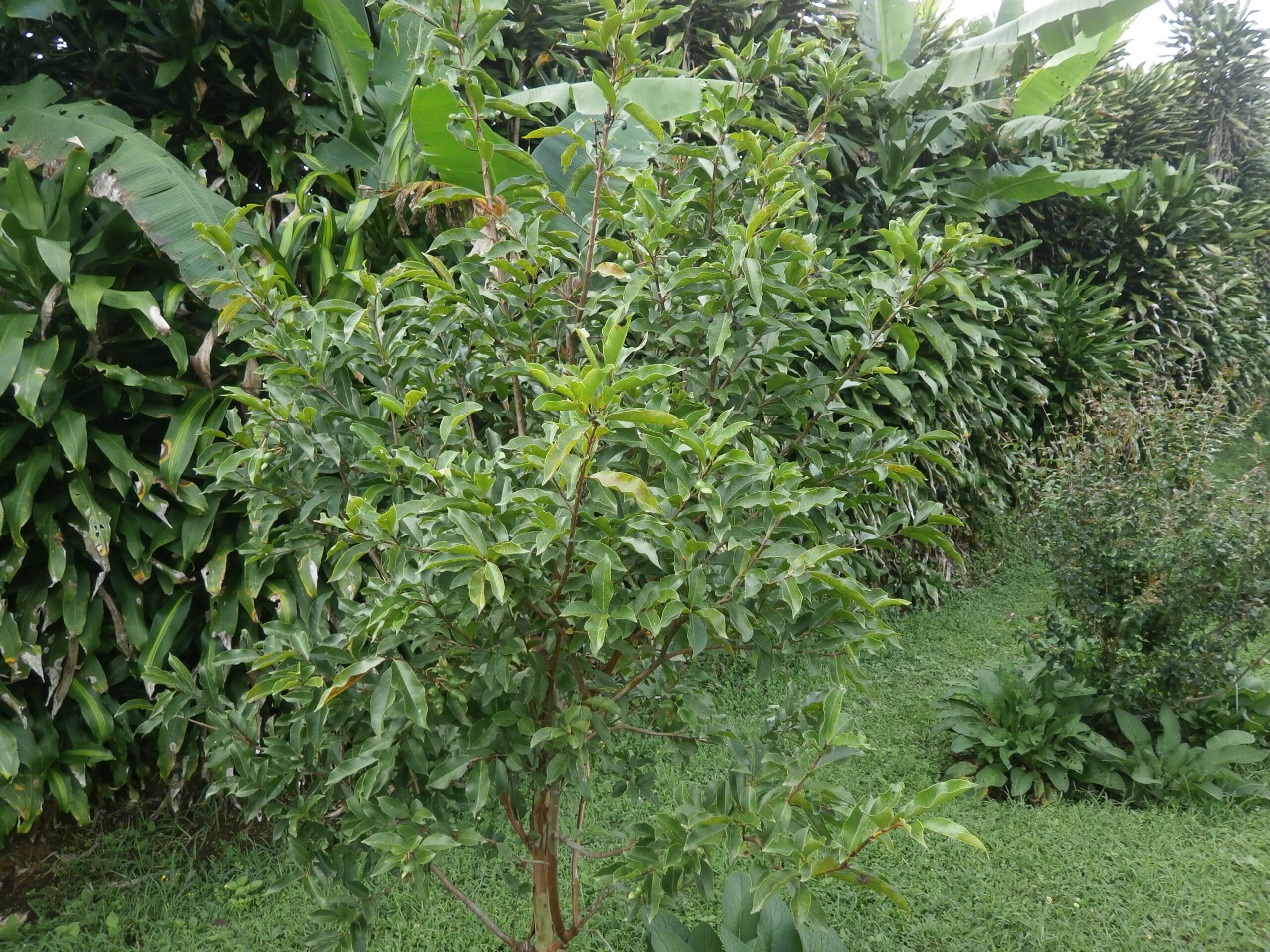
Cas of Costa Rica
₡2,550.00
SKU: 0490 Category: Fruit orchardScientific name: Psidium friedrichsthalianum
Family: Myrtaceae
Origin: Mexico and S America
Medicinal use: Cas (Psidium friedrichsthalium) is a species of tree in the guava family found mainly in Costa Rica, Nicaragua, Guatemala, and El Salvador. It is used as the base for Cas fresco or cas soda, in which Costa Ricans mix it with sugar and water and sometimes add milk to achieve a fruit-based drink with a slight acid flavor. With that same soda, it is frozen and homemade ice cream is made.
12 in stock
-
Out of Stock
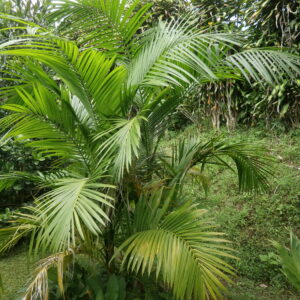
Palm, Acai
Fruit orchard ₡6,300.00 Read more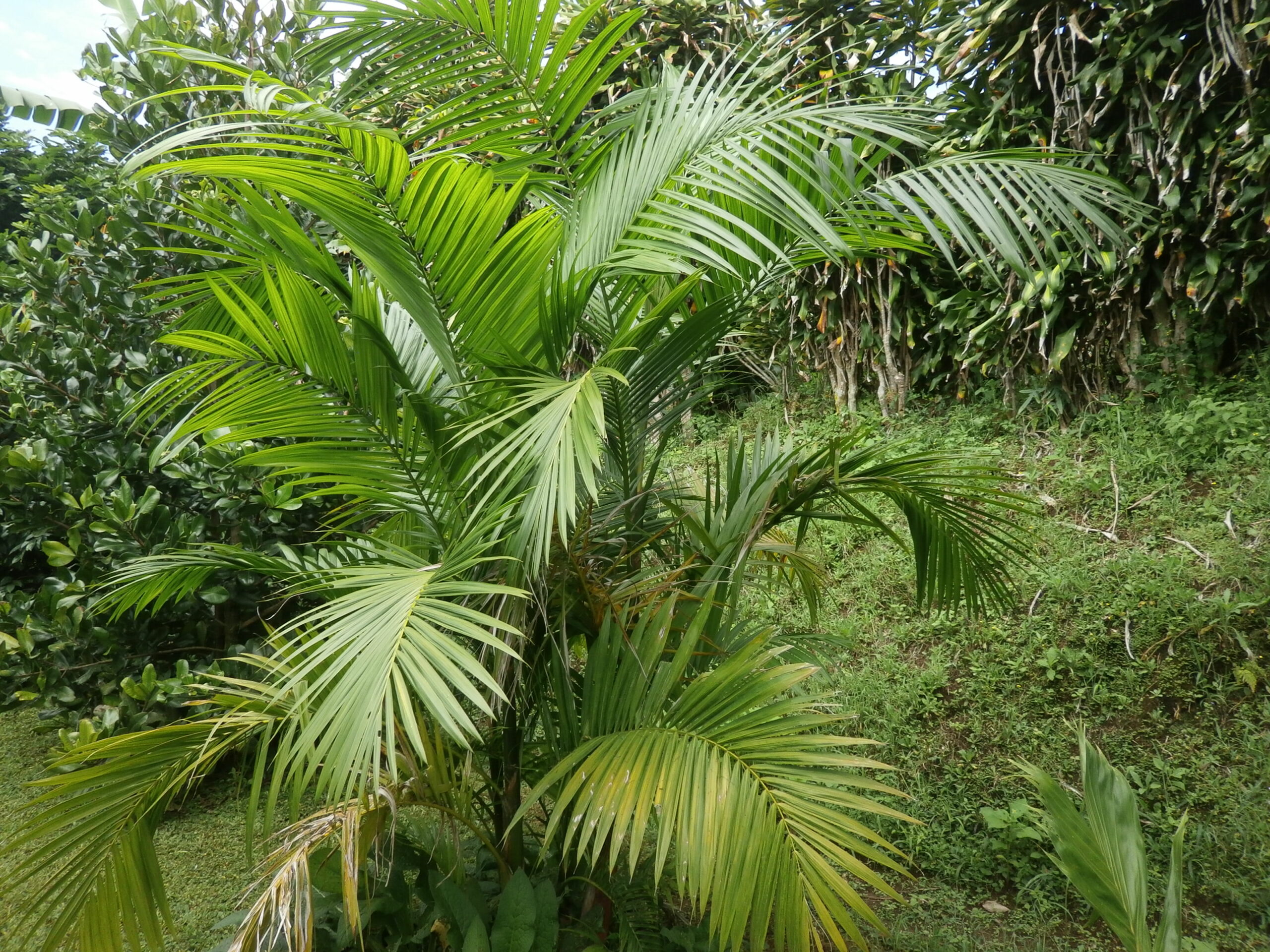
Palm, Acai
₡6,300.00
SKU: 1520 Category: Fruit orchardScientific name: Euterpe oleracea
Family: Arecaceae
Origin: S America
Medicinal use: The date palm appreciated for the nutritional properties of its fruit. Its consumption dates from pre-Columbian times and it is a very important food in the Amazonian diet. The fruit of this palm tree is edible and is consumed in the form of drinks, sweets, and ice cream. For every 100 g, the pulp of the fruit contains 8.1 g of protein; 52.2 g of carbohydrates (including 44.2 g of fiber).
Out of stock
-
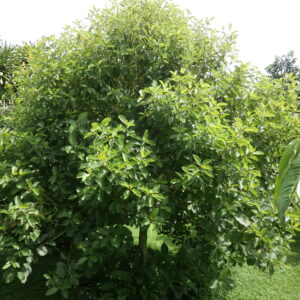
Mangosteen, Lemon drop
Fruit orchard ₡2,550.00 Add to cart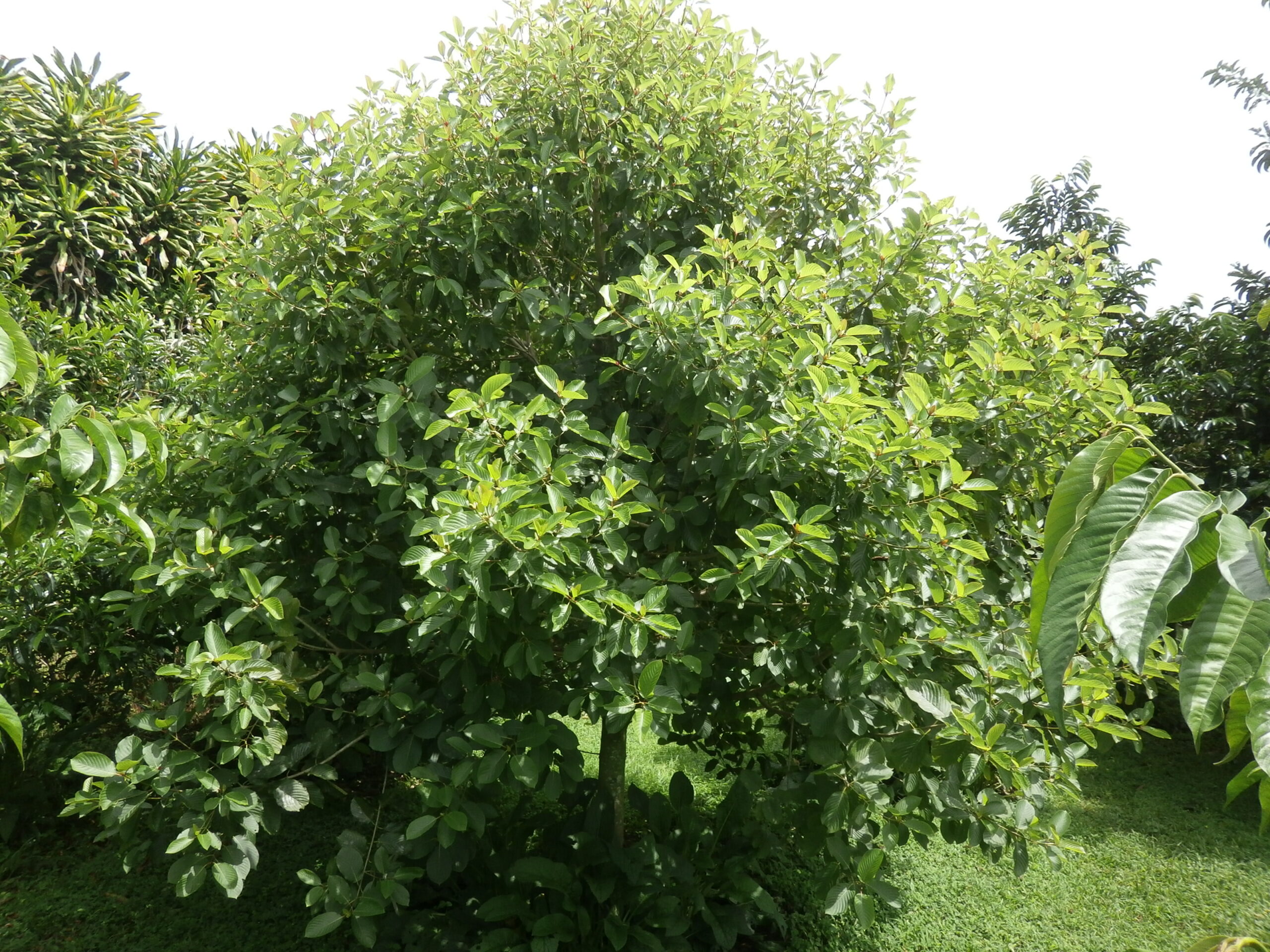
Mangosteen, Lemon drop
₡2,550.00
SKU: 1105 Category: Fruit orchardScientific name: Garcinia intermedia
Family: Clusiaceae
Origin: Mexico and C America
Medicinal use: The jorco (Garcinia intermedia) is an evergreen tree of the Clusiaceae family of edible fruits. They are also called mameyillo. The fruit is a spheroid capsule that measures between 2 to 5 cm long and up to 6 cm in diameter. The scarce pulp or edible part has an acid taste, said fruit is eaten ripe or raw.
63 in stock
-
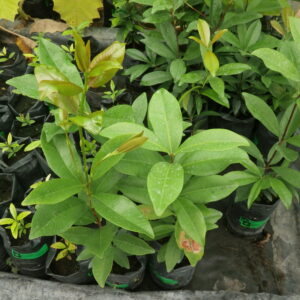
Cherry, Brazilian
Fruit orchard ₡3,750.00 Add to cart
Cherry, Brazilian
₡3,750.00
SKU: 0890 Category: Fruit orchardScientific name: Eugenia brasiliensis
Family: Myrtaceae
Origin: S America
Medicinal use: Popular names: Grumichama, Brazilian cherry. S. It is a tree that reaches 15 meters in height with green, large and oval leaves, its fruits are globose black drupes with a cherry flavor that attract the local birds. Its fruits, in bunches, are eaten fresh and are also highly appreciated in jams and cakes.
37 in stock

